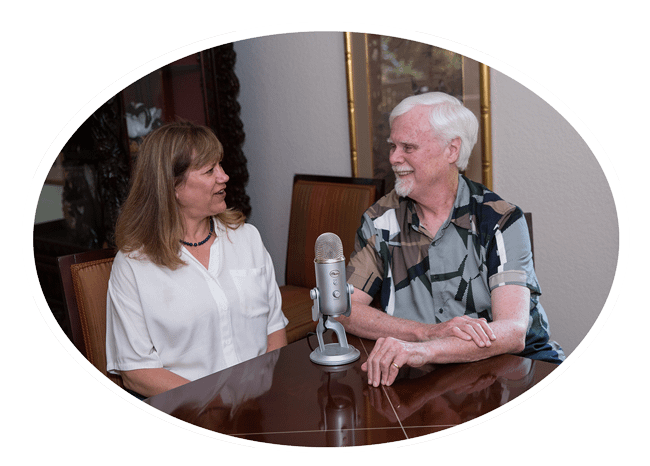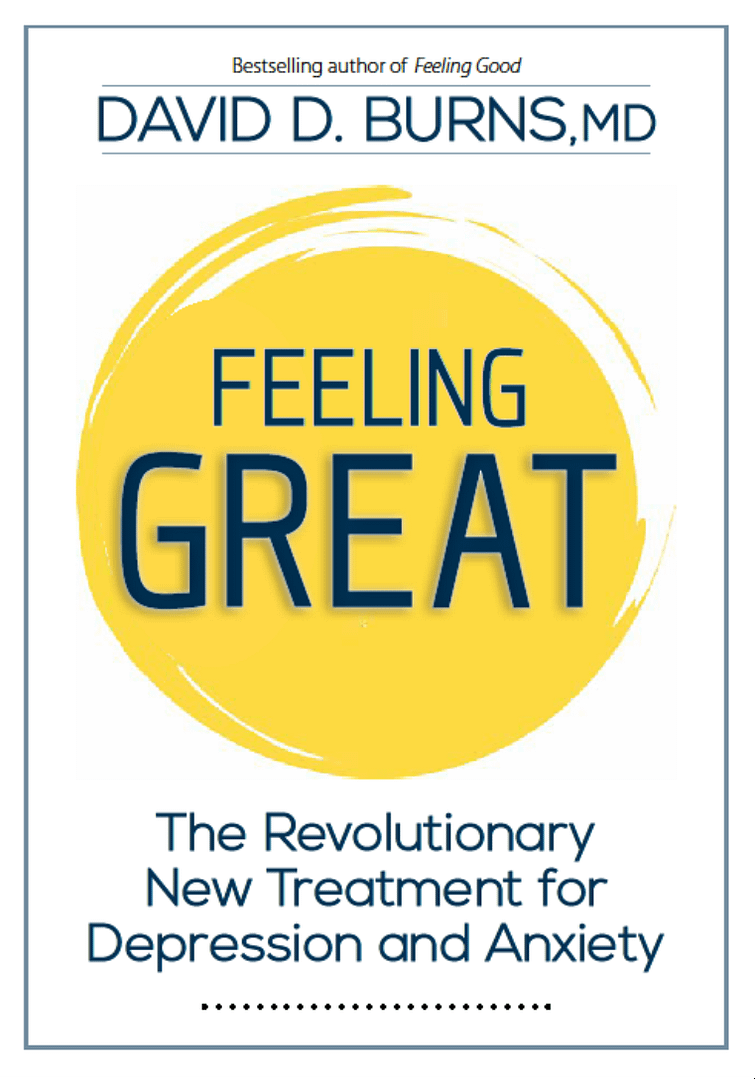Announcements / Upcoming Workshops
March 24, 2021
Feeling Great: A New, High-Speed Treatment for Depression and Anxiety.
A One-Day Workshop by David Burns, MD. sponsored by Jack Hirose & Associates, Vancouver
Click here for more information including registration!
* * *
Podcast 234: How To Deal with Whiners and Complainers
In today’s podcast, we bring to life two of the earliest CBT techniques I developed way back before I wrote Feeling Good: The New Mood Therapy. The are:
- The Anti-Whiner Technique
- The Anti-Heckler Technique
they are both based in two of the Five Secrets of Effective Communication:
- The Disarming Technique: You find truth in what the other person is saying
- Stroking: You find something positive to say to the person
- In addition, if appropriate you can include Feeling Empathy, especially in the Anti-Whiner Technique. This means that you acknowledge how the other person is feeling
The Anti-Whiner Technique
Most of us know someone who tends to whine and complain a great deal, and you might have noticed that when you try to help them, cheer them up, or give them some advice, their whining and complaining just escalates, so you end up secretly frustrated and annoyed.
If you’re tired of this pattern, you might want to try the Anti-Whiner Technique, which can be incredibly effective, but it’s anti-intuitive. You simply agree with the person who’s complaining, and give them a compliment.
Rhonda and David will illustrate this with complaints like these:
- Nobody cares about me!
- I never get to do what I want to do.
- Nobody likes me.
- I never get invited anywhere.
- I never get to do anything fun.
- I’ve tried everything and nothing seems to help.
- All the doctors just seem to care about themselves.
- Nobody listens to me!
- Life is unfair.
- People only care about themselves
- I have to do everything for myself. Nobody helps.
- I can’t hear very well, my sight is deteriorating, and I’ve got hemorrhoids! What can I do? Preparation H doesn’t help at all!
- My students just don’t listen. This younger generation is totally screwed up!
- Nothing helps! I’m depressed all the time. I’ve tried everything.
- No one every said one kind thing to me!
- I’ve got so much to do, but I just can’t get started, and everything just keeps piling up!
The Anti-Heckler Technique
I love treating public speaking anxiety because I used to struggle with this problem myself, but now I totally love public speaking. One of the many reasons that people fear public speaking is because they’re afraid someone in the audience will become critical or hostile, or ask them something they can’t answer.
The Anti-Heckler Technique is fairly easy to use, and works like a charm if done skillfully. It’s similar to the Anti-Whiner Technique we just illustrated. Just make a list of hostile things that the audience member from hell might say during your talk, or during the Q and A period, and then respond with the Disarming Technique plus Stroking.
Rhonda and I will illustrate this with these kinds of critical comments.
- You’re full of shit and you know it!
- What you’re saying isn’t true and doesn’t make sense.
- You’re a total fraud and a fake.
- You’re not supposed to say that.
- You talk too fast.
- You are confusing.
- You don’t know what you’re talking about.
- You are not following the outline you gave us.
- It’s too cold, too hot.
- You’re wrong about that.
- You are quoting outdated research that’s been debunked already.
- I didn’t like it when you made jokes.
- You don’t know enough to teach this class.
- You’re disorganized, incomprehensible, and boring.
- You always call on the same people in the audience, you play favorites.
Rhonda and David also explore why it is so hard to use these techniques in our personal and professional relationships, and why we lapse into adversarial defenses when we could collaborate with others in the spirit of mutual exploration and learning.
Most of it has to do with the idea that we have a “self,” or “ego” to defend!
As the Buddha so often said, “Selves are cheap. Selflessness is dear!”
Dr. Rhonda Barovsky practices in Walnut Creek, California, but due to Covid-19 restrictions is working via Zoom, and can be reached at rhonda@feelinggreattherapycenter.com. She is a Level 4 Certified TEAM-CBT therapist and trainer and specializes in the treatment of trauma, anxiety, depression, and relationship problems. Check out her new website: www.feelinggreattherapycenter.com.
You can reach Dr. Burns at david@feelinggood.com.
This is the cover of my new book, Feeling Great. The kindle and audio versions are available now too!



